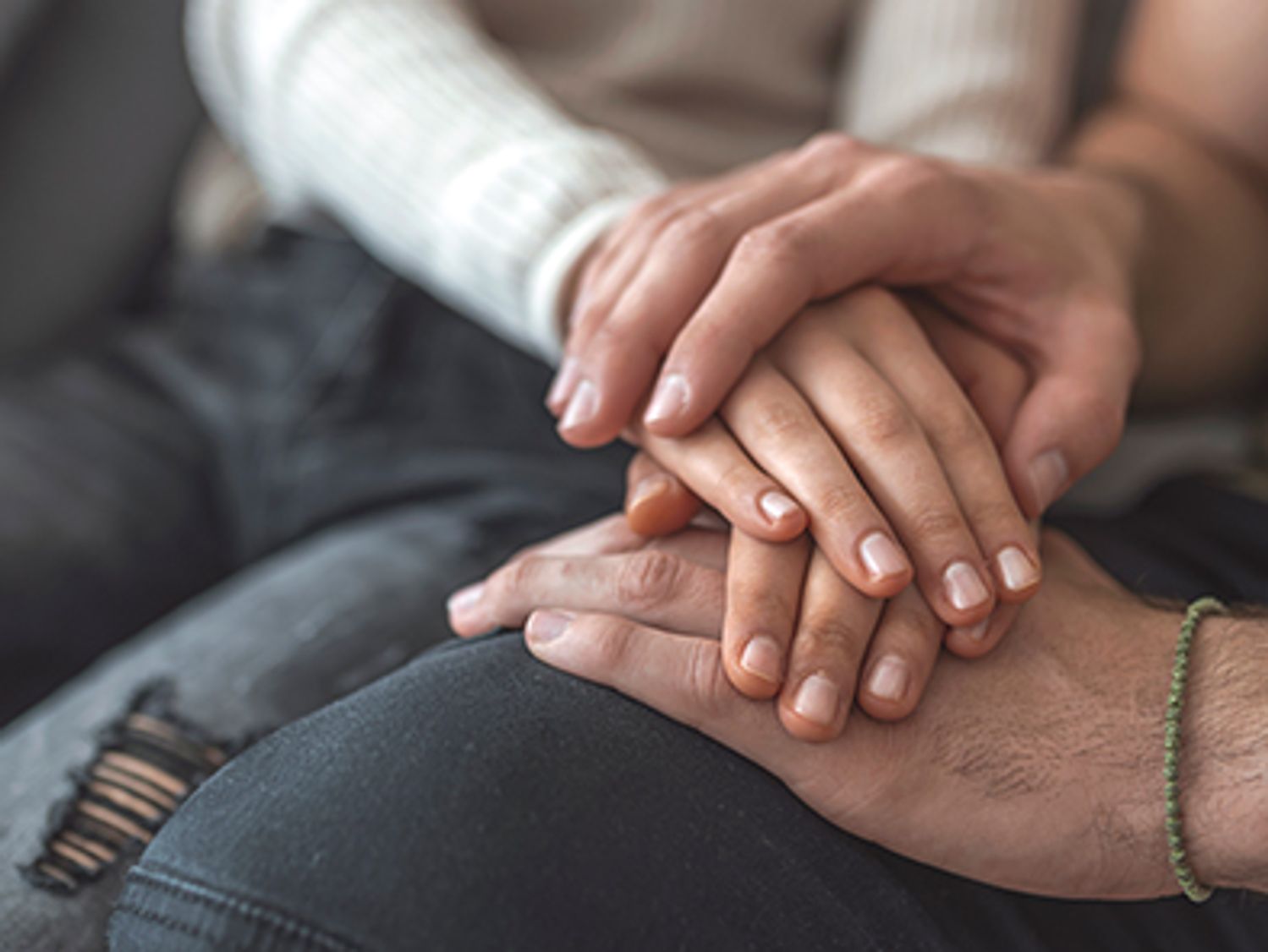As Codeine is an opioid drug, it causes extreme feelings of drowsiness, lethargy, relaxation and calm. It can also cause confusion, nausea and itchiness if it is being taken on a regular basis. Those under the influence of Codeine often look as though they are ‘spaced out’ or falling asleep.
Long-term abuse of the drug however can make feelings of anxiety and depression even worse, especially as the drug wears off.
Major signs of Codeine abuse include:
- Low blood pressure
- Slow heart rate
- Difficulty breathing
- Indigestion
- Feeling very sleepy and confused
- Bleeding from the stomach

The following are warning signs that are related to Codeine addiction.
You or someone you love should seek help if you notice:
- Often feeling extreme fatigue/feeling ‘out of it’ and drowsy
- Nonsensical and slurred speech
- Low attention span
- Dilated pupils
- Difficulty with co-ordination
- Confusion
- An intense craving for Codeine
- Defensive behaviour
- Seizures / Coma

As Codeine doesn’t last long in the body, people who use large amounts of it on a frequent basis may find that they begin to experience the following withdrawal symptoms when they stop taking it. Ultimately, such withdrawal symptoms cause individuals to take more of the drug to relieve themselves.
Such symptoms include:
- Feeling cold and chills
- Stomach cramps
- Nausea and vomiting
- Runny nose and sneezing
- Shaking
- Rash on skin
- Dilated pupils
- Dehydration
- Low blood pressure
- Irregular heartbeat
- Panic attacks
- Mood swings
- Feeling generally irritable
- Lack of appetite

As Codeine is not a harmful drug when it is first prescribed and used in the correct way, users who abuse the drug may believe that it is generally less harmful, even when more than the stated dose is taken. Relationships with friends and family are put under great strain when a person has a drug addiction. It is also common for addicts to struggle with work commitments, family commitments and other responsibilities like running a household.
It is important to speak to the addict about their addiction and try to convince them to seek help. Try and get other friends and family members involved too so that the addict has a support network. Another alternative is to stage an intervention. Those suffering from addiction are often in denial that they require help. They may not recognise the negative impact that their addiction is having on themselves and others around them. An intervention gives an addict the opportunity to make changes before their addiction becomes worse and can motivate them to get help.

